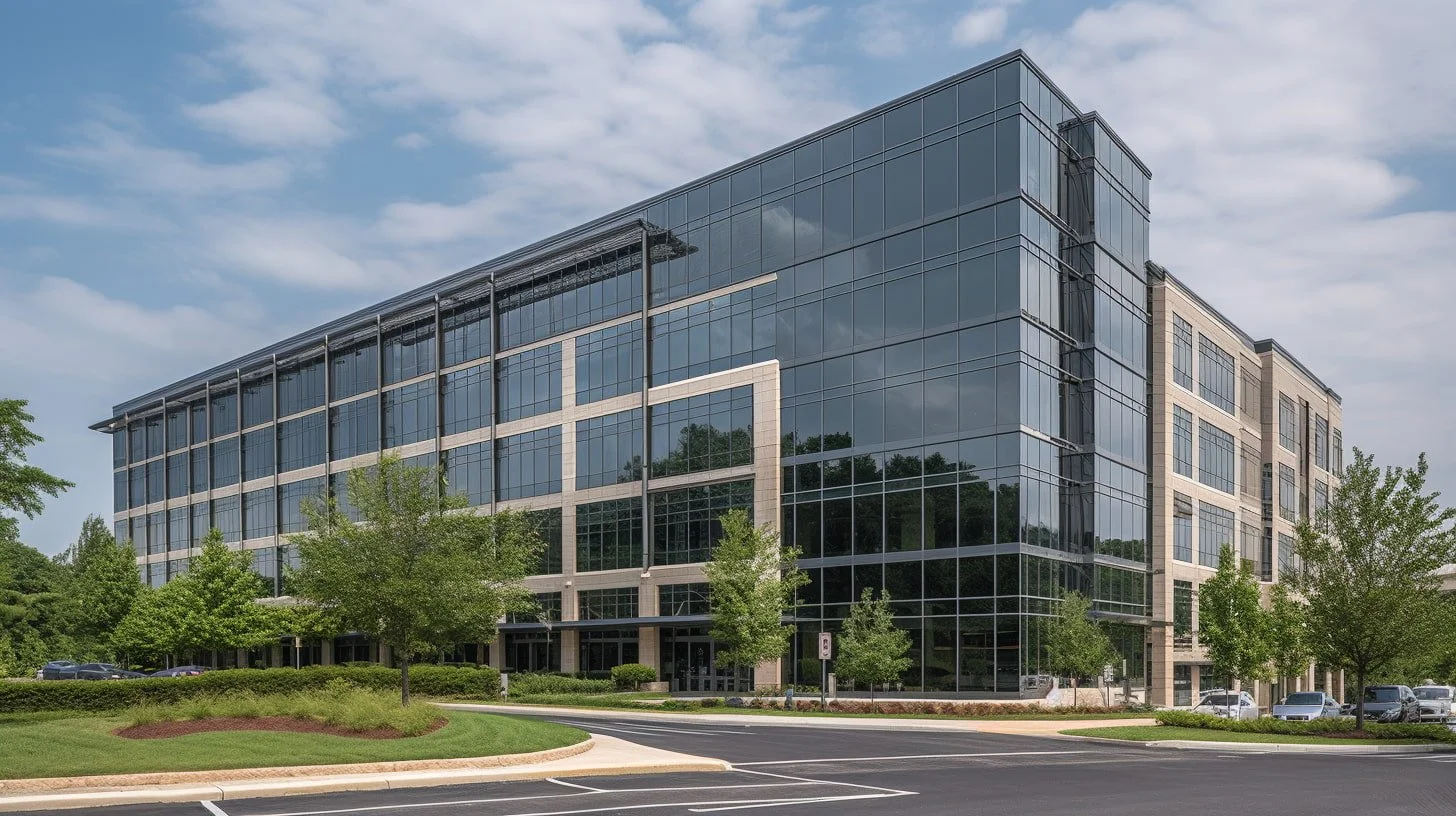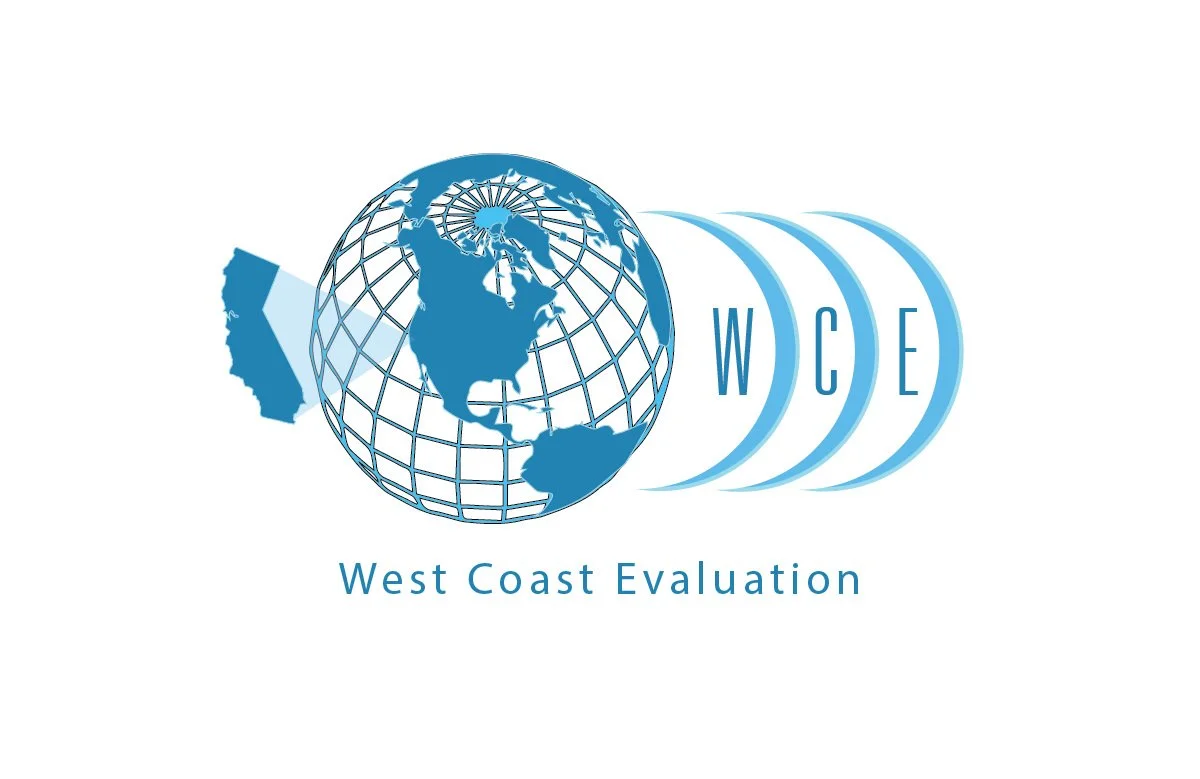The Power of Small Upgrades: Boosting Commercial Property Value
Strategic small upgrades like modern facades, LED lighting, and improved landscaping can dramatically boost commercial property appraisals in competitive markets.
I. Introduction: The Power of Small Upgrades
The pursuit of increased commercial property value often focuses on grand renovations. However, the document argues that meticulously considered and strategically executed small upgrades can lead to significant appraisal boosts. This approach involves understanding market nuances and focusing on improvements that demonstrably increase value in the eyes of an appraiser.
II. Case Studies of Value Growth
Real-world examples from San Pedro illustrate the impact of targeted upgrades:
Industrial Park Glow-Up: Replacing an inefficient HVAC system with a modern, energy-efficient model, retrofitting with LED lighting, and updating the facade resulted in a $220,000 appraisal increase. This led to attracting premium tenants and lowering operating costs.
Retail Center's Accessibility Ace: Investments in ADA-compliant features, modern signage, and a parking lot revamp increased a retail center's value by $160,000. These improvements also enhanced inclusivity and earned local recognition.
Office Space, Tenant Love, and $150K More: Enhancing tenant experience through high-speed Wi-Fi, a smart security system, modernized common areas, and a green break room added $150,000 to an office space's appraisal. These improvements attracted stable tenants willing to pay higher rents.
III. Appraiser's Perspective on Small Upgrades
Appraisers favor these "little things" due to several key factors:
Bottom Line Impact: Upgrades that lower operating costs or mitigate risks are viewed favorably.
First Impressions: Curb appeal, including fresh paint, landscaping, and modern lighting, creates a positive perception of value and tenant appeal.
Preventing Deferred Maintenance: Addressing issues like leaky roofs signals a well-maintained asset, preventing value deductions.
Enhanced Functionality: Improvements that boost space functionality, such as common area refreshes or smart technology, increase appeal, tenant satisfaction, and justify higher rents.
Sustainability: Energy-efficient systems are crucial for attracting environmentally conscious tenants and reducing utility bills, directly impacting Net Operating Income (NOI).
Safety & Accessibility: ADA compliance and modern security systems broaden the tenant pool and reduce liability.
IV. Historical Context of Property Upgrades
The power of property upgrades has endured over time:
Implicit Valuation: Before standardized appraisal practices, appraisers implicitly considered minor improvements based on overall impression.
FIRREA Revolution (1989): The Financial Institutions Reform, Recovery, and Enforcement Act of 1989 standardized appraisals, ensuring systematic evaluation of all improvements.
Consistent Value Add: Improvements enhancing functionality, appeal, and reducing maintenance have consistently added value, whether in the 1990s or today.
Adapting to Market Trends: Aligning upgrades with current tenant and buyer preferences remains crucial.
V. Modern Trends Influencing Upgrade Value
Current trends significantly shape the value of commercial property upgrades:
Sustainability as Standard: Energy efficiency (LED retrofits, smart HVAC, low-E windows) is an expectation for attracting modern tenants.
Tech-Forward Spaces: High-speed internet, automated entry, and IoT-enabled climate controls are essential for competitiveness.
Flexible & Amenity-Rich Environments: Demand for adaptable layouts, co-working lounges, and wellness amenities (fitness centers, outdoor spaces) is driven by hybrid work models.
"Flight to Quality": Top-tier properties with modern features are thriving, emphasizing the need for strategic upgrades to remain relevant.
VI. Controversies and Challenges in Valuing Small Upgrades
Valuing the impact of small upgrades presents complexities:
Subjectivity: Professional judgment can lead to variations in appraisal opinions despite standards.
Uniqueness: Small commercial properties may lack perfect comparables, making it difficult to pinpoint the exact value added by niche upgrades.
Cost vs. Value: The market value added by an upgrade may not equal its cost; appraisers focus on "contributory value."
Energy Efficiency ROI: The immediate return on energy upgrades can be debated, depending on lease structures.
Tenant vs. Landlord Disputes: Disagreements can arise over ownership of tenant improvements, unauthorized modifications, or responsibility for upgrade costs.
Tax Troubles: Property owners may challenge tax assessments if valuations do not accurately reflect upgrades or use outdated methods.
VII. Future of Property Valuation
Technology will increasingly influence property valuation:
AI and AVMs: Automated Valuation Models will use vast data for real-time, unbiased, and predictive valuations.
Big Data: Deeper market insights will help understand subtle value shifts from population growth or infrastructure projects.
Smart Buildings: IoT devices will enable automated, efficient buildings, with retrofitting data feeding directly into valuations.
Proptech: Innovations like blockchain and VR/AR will streamline transactions and enhance transparency.
Market Volatility: Economic factors will drive upgrades towards resilience and adaptability, with continued growth in industrial/mixed-use and a focus on flexible office spaces.
VIII. Playbook for Maximizing Appraisal Potential
Owners can maximize their property's appraisal potential by:
Strategic Scouting: Focusing on high-impact, affordable improvements aligned with market demands (energy, tech, tenant experience, compliance).
Documenting Everything: Maintaining meticulous records of upgrades, costs, permits, and before-and-after photos.
Consulting Professionals: Seeking guidance from commercial appraisal experts on ROI and appraisal preparation.
Long-Term ROI Focus: Prioritizing upgrades that reduce operational costs, increase tenant retention, or justify higher lease rates.
IX. Contact Information for West Coast Evaluation
West Coast Evaluation offers commercial appraisals and strategic upgrade guidance in San Pedro.
Contact: Info@WestCoast-Evaluation.com | (310) 955-1147
Address: 1113 S. Pacific Avenue, Suite A, San Pedro, CA 90731
Resource Hub: https://www.westcoast-evaluation.com/resource-hub



